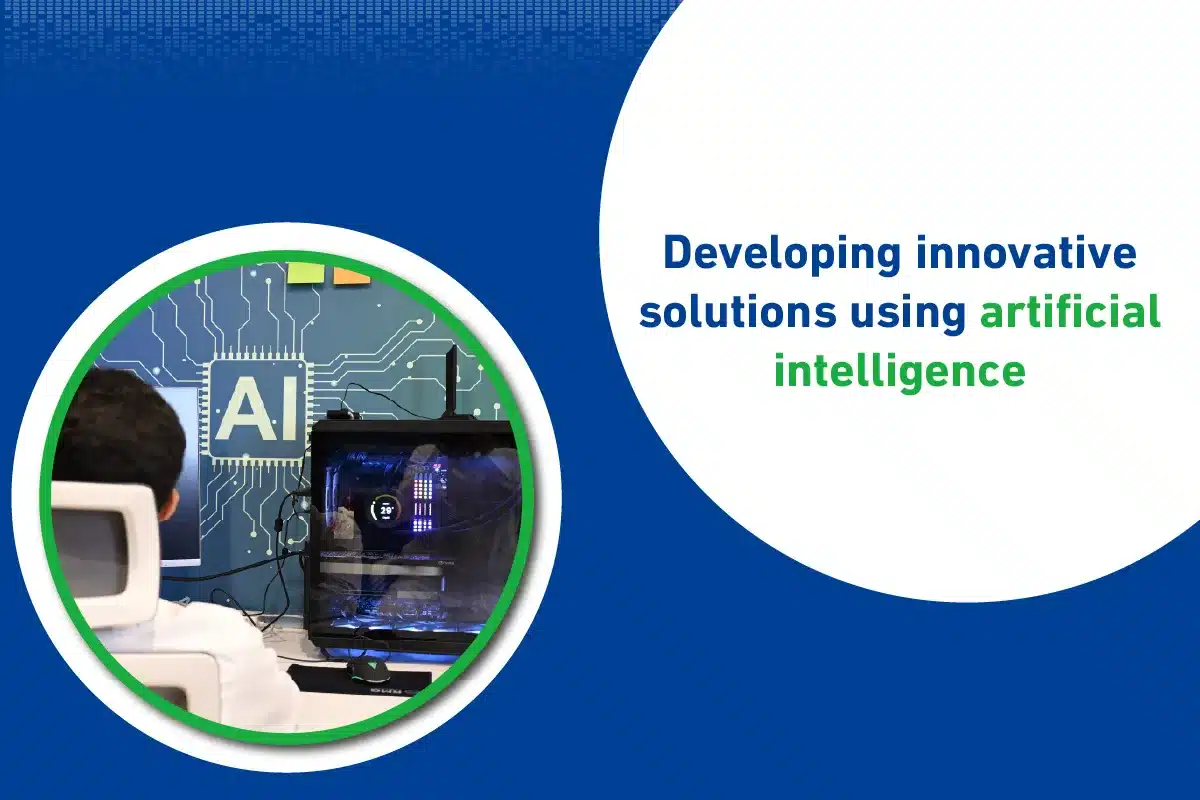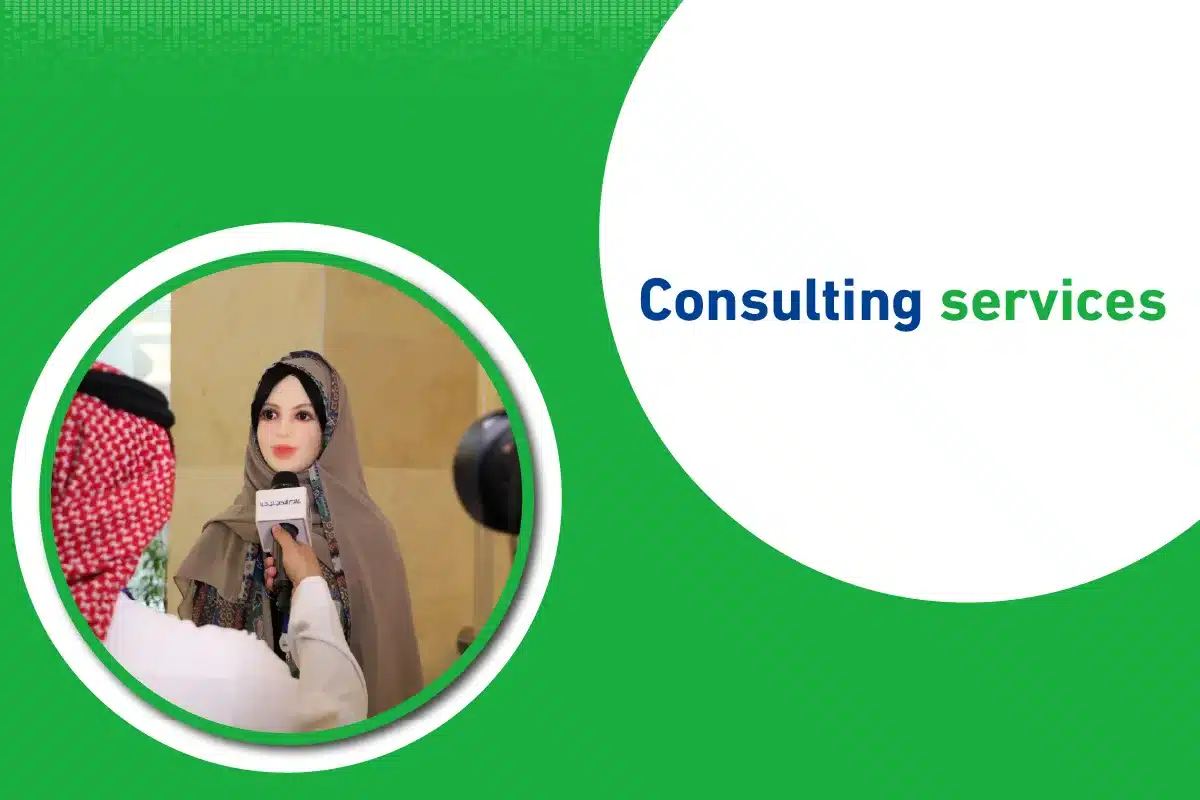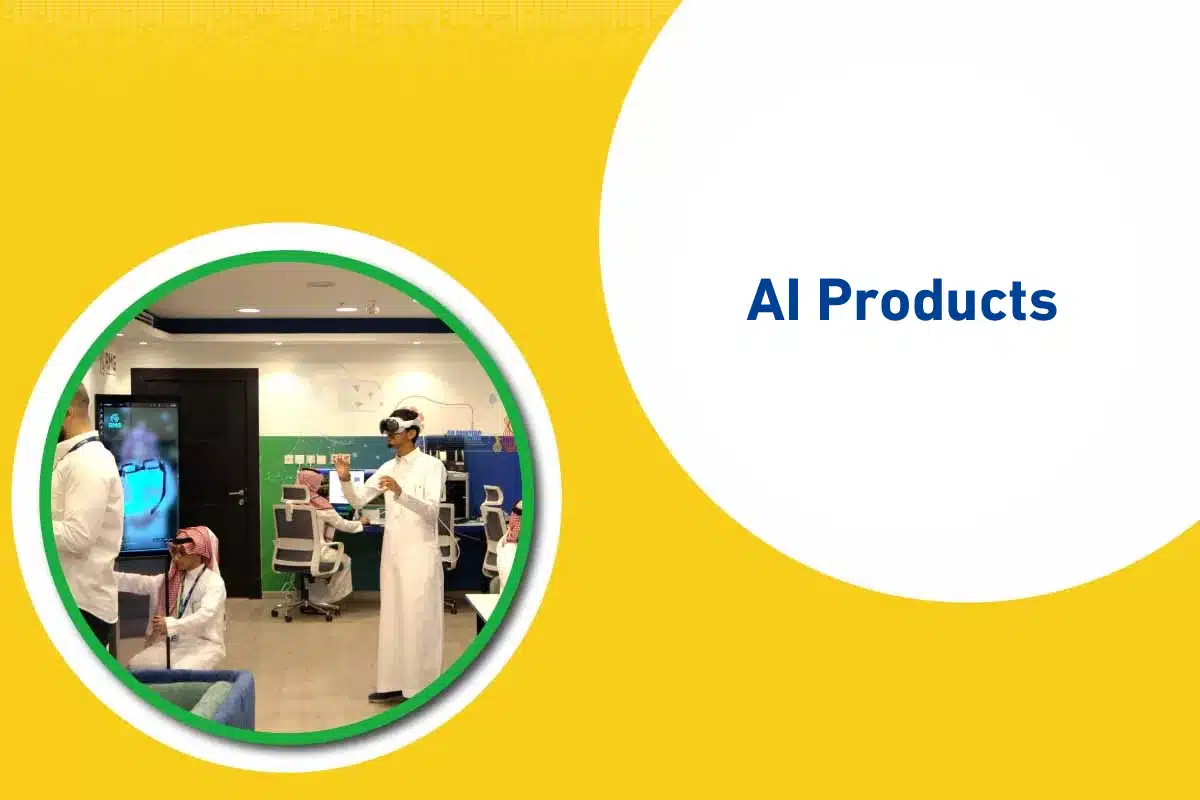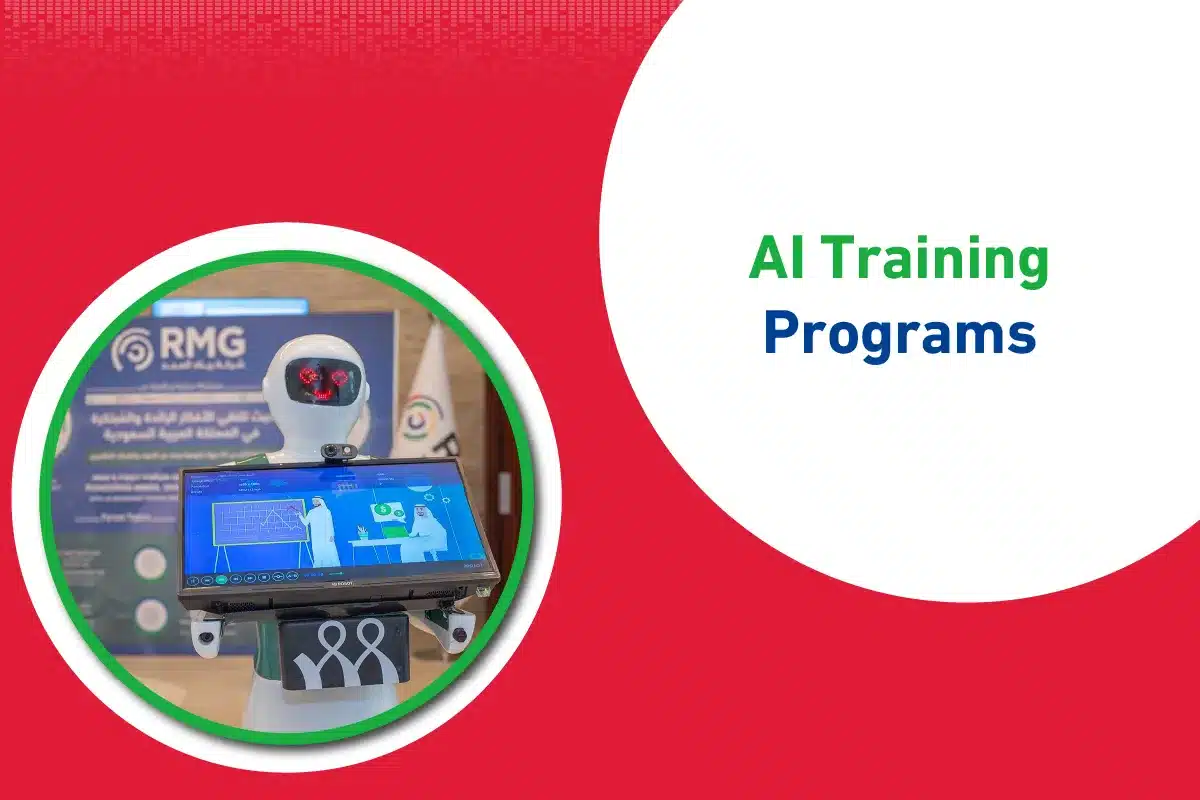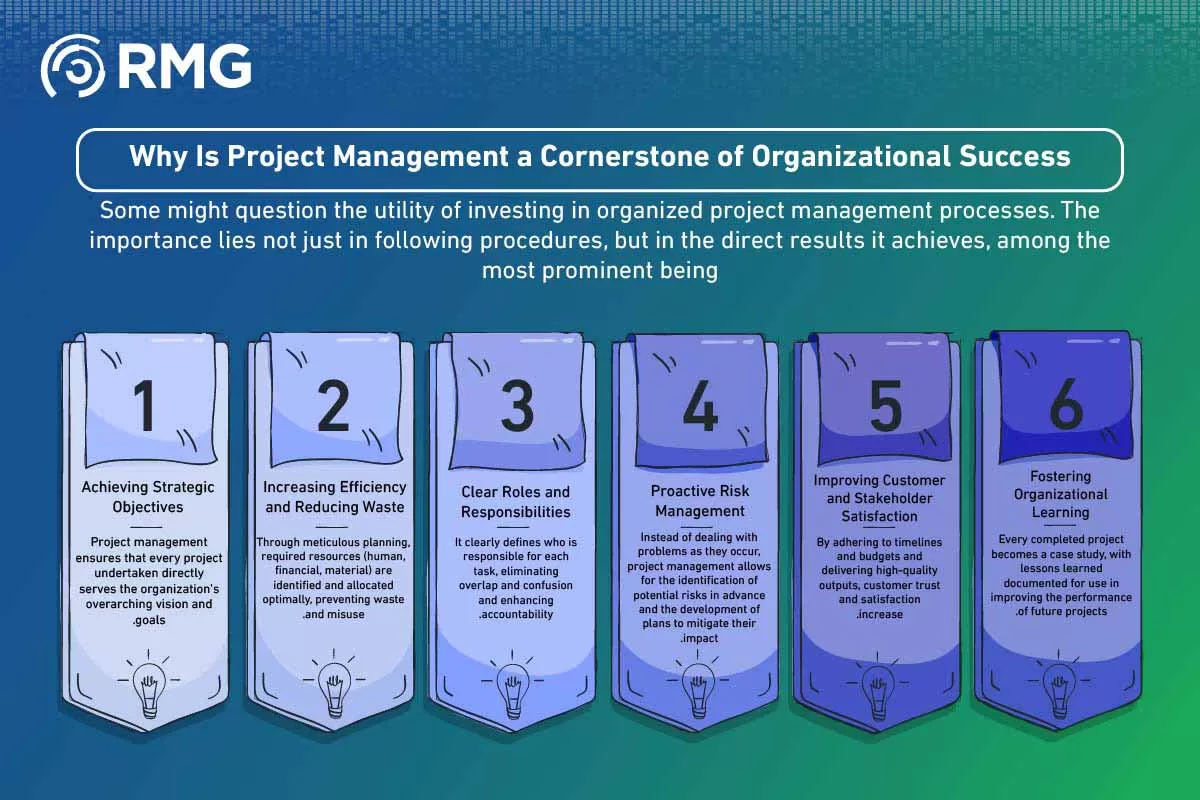Blog Body
Do you seek to turn your ambitious vision into reality? Discover the secrets of successful project management, from meticulous planning to perfect execution. This article is your comprehensive roadmap to achieving your strategic goals efficiently and innovatively, while avoiding common obstacles that hinder growth.
From a Mere Idea to a Game-Changing Project
In the fast-evolving business world, great ideas alone are no longer enough to guarantee success. The gap between vision and reality, between ambition and achievement, is the biggest challenge facing organizations and individuals alike. This is where “project management” emerges as both a science and an art, acting as the bridge that connects defined objectives to achieved results. It’s not just a set of tools and timelines, but the organized mind and beating heart that ensures the transformation of limited resources into exceptional value.
In this comprehensive guide, we will delve deep into this vital discipline, exploring all its aspects, from its basic concepts to its advanced methodologies, to provide you with a clear roadmap for mastering the art of project management.
What is Project Management? Decoding the Fundamental Concept for Success
Simply put, project management is the application of knowledge, skills, tools, and techniques to project activities to meet specific project requirements within the constraints of time, cost, and scope. It is a systematic process aimed at guiding a team and utilizing available resources to accomplish a unique, temporary endeavor with a defined beginning and end.
Beyond the academic definition, project management can be likened to an orchestra conductor who coordinates all the musicians (team members), reads the musical score (project plan), and ensures that each instrument plays at the right time and with the correct tone (task execution), ultimately producing a harmonious symphony (a successful project).
Why Is Project Management a Cornerstone of Organizational Success?
Some might question the utility of investing in organized project management processes. The importance lies not just in following procedures, but in the direct results it achieves, among the most prominent being:
- Achieving Strategic Objectives: Project management ensures that every project undertaken directly serves the organization’s overarching vision and goals.
- Increasing Efficiency and Reducing Waste: Through meticulous planning, required resources (human, financial, material) are identified and allocated optimally, preventing waste and misuse.
- Clear Roles and Responsibilities: It clearly defines who is responsible for each task, eliminating overlap and confusion and enhancing accountability.
- Proactive Risk Management: Instead of dealing with problems as they occur, project management allows for the identification of potential risks in advance and the development of plans to mitigate their impact.
- Improving Customer and Stakeholder Satisfaction: By adhering to timelines and budgets and delivering high-quality outputs, customer trust and satisfaction increase.
- Fostering Organizational Learning: Every completed project becomes a case study, with lessons learned documented for use in improving the performance of future projects.
The Numbers Don’t Lie: Global Statistics Confirm the Importance of Project Management
According to reports from the Project Management Institute (PMI), the leading global authority in this field:
- Organizations that invest in proven project management practices waste 28 times less money than those that don’t.
- Approximately 11.4% of total project investments are wasted due to poor performance.
- Organizations with high project management maturity achieve their objectives successfully at a rate of 89%, compared to only 36% in organizations with low maturity.
These figures confirm that project management is not a luxury but a strategic necessity for survival and growth.
Essential Attributes of a Successful Project: What Makes It Stand Out?
For an endeavor to be called a “project,” it must possess a set of unique characteristics:
- Temporary: It has a clear beginning and end point.
- Unique: It results in an unprecedented product, service, or outcome.
- Progressive Elaboration: It is developed in phases, with increasing detail as work progresses.
- Defined Objectives: It seeks to achieve clear and measurable goals.
- Resource-Constrained: It operates within specific constraints in terms of time, cost, and quality.
Project Management Divisions and Types: A Look at Diverse Specialties
Project management is not limited to one sector but branches out to include diverse specialties, such as:
- IT Project Management: Focuses on software development, infrastructure upgrades, and cybersecurity projects.
- Construction Project Management: Deals with large-scale engineering projects from design to construction.
- Marketing Project Management: Manages advertising campaigns, new product launches, and event organization.
- Industrial Project Management: Focuses on improving production lines and product development.
The Core of the Work: What Are the Objectives and Tasks of Project Management?
The objectives of project management revolve around achieving a perfect balance between competing requirements, the most important of which are:
- Scope Adherence: Delivering everything that was agreed upon, no more, no less.
- Schedule Adherence: Completing the project on time.
- Budget Adherence: Not exceeding approved costs.
- Achieving Required Quality: Ensuring that outputs meet agreed-upon quality standards.
- Stakeholder Satisfaction: Meeting the expectations of everyone involved in the project.
To achieve these objectives, the project management team performs a set of vital tasks, including: planning, organizing, directing, monitoring, and controlling all aspects of the project.
The Project Life Cycle: The Five Phases from Birth to Closure
Every project goes through a life cycle that can be divided into five basic phases:
- Initiation Phase: In this phase, the project idea is defined, its feasibility is assessed, and a project manager is appointed. The main output is the “Project Charter.”
- Planning Phase: This is the most crucial phase, where a detailed action plan is developed, including scope, schedule, budget, resources, risks, and a communication plan.
- Execution Phase: In this phase, planned tasks are carried out, resources are distributed, and the project team is managed.
- Monitoring & Controlling Phase: This phase runs in parallel with execution, where project performance is tracked, compared to the plan, and necessary corrective actions are taken.
- Closing Phase: In this phase, final project deliverables are handed over, client approval is obtained, lessons learned are documented, and resources are released.
Decoding Success: The Project Management Triangle and Work Methodologies
The Project Management Triangle (The Triple Constraint)
This is a fundamental model that illustrates the three main constraints of any project: Scope, Time, and Cost. Project quality is directly affected by these three sides. The basic idea is that changing any side of the triangle will inevitably affect the other two. For example, increasing the scope of work will often require an increase in time and cost to maintain the same level of quality.
Popular Project Management Methodologies
There is no one-size-fits-all approach. The right methodology depends on the nature of the project and its requirements. The most popular methodologies are:
- Waterfall Methodology: A traditional, linear methodology where you move from one phase to another in a fixed sequence. It is suitable for projects with clear and stable requirements.
- Agile Methodology: A flexible, iterative methodology that focuses on breaking down the project into short work cycles (Sprints) and delivering value continuously. It is ideal for projects whose requirements change constantly, especially in the software sector.
- Scrum Methodology: A framework within the Agile methodology, based on specific roles (Product Owner, Scrum Master, Development Team) and regular meetings to organize work.
Common Challenges in Project Management and How to Overcome Them
- Scope Creep: Adding new requirements to the project without reviewing the impact on time and cost. Solution: A strict change management process.
- Poor Communication: Lack of clarity in information between team members and stakeholders. Solution: Develop a clear communication plan and use effective collaboration tools.
- Unrealistic Estimates: Setting overly optimistic schedules and budgets. Solution: Involve experts in the estimation process and use data from previous projects.
Cultivating Leaders: Project Management Courses and the Importance of the Project Manager
What Are the Most Important Project Management Courses?
To refine skills and gain international recognition, many seek professional certifications, the most prominent of which are:
- Project Management Professional (PMP)® Certification: The most well-known and respected global certification from PMI.
- PRINCE2® Certification: Very popular in Europe and the UK, focusing on processes.
- Agile and Scrum Certifications: Such as Certified ScrumMaster® (CSM) and Professional Scrum Master™ (PSM).
Project Manager Tasks: The Leader and Motivator
The project manager is the person responsible for the success or failure of the project. Their tasks go beyond mere follow-up, to include:
- Leading and motivating the team.
- Strategic and tactical planning.
- Managing budget and resources.
- Effective communication with all parties.
- Conflict resolution and risk management.
A Ready-Made Project for a Project Management Course
Students are often asked to prepare a “ready-made project” as part of their studies. This doesn’t mean copying an existing project, but rather applying theoretical concepts to a practical case study, including preparing a project charter, work plan, risk analysis, and estimated budget for a hypothetical project.
Renad Al Majd (RMG): Your Strategic Partner in Project Management
After reviewing the complexities and challenges of project management, it’s clear that success requires more than just theoretical knowledge; it demands deep practical experience and proven methodologies. This is where Renad Al Majd (RMG) comes in, offering integrated solutions to transform clients’ visions into successful projects on the ground.
The Importance of Collaboration with Renad Al Majd (RMG)
Collaborating with experts like Renad Al Majd is not an additional cost but a smart investment that ensures a high return. Here’s why:
- Specialized Expertise: RMG has a team of certified and experienced project managers across various sectors, ensuring the application of global best practices suitable for your business nature.
- Establishing Project Management Offices (PMO): We help you build and establish your organization’s own Project Management Office, which will serve as a center of excellence that standardizes criteria and oversees all projects, thereby increasing your management maturity.
- Customized Methodologies: We don’t apply a one-size-fits-all template. Our experts analyze the nature of your projects and select and customize the most appropriate methodology (whether Waterfall, Agile, or Hybrid) to ensure maximum efficiency.
- Professional Risk Management: We implement proactive processes to identify, assess, and mitigate risks before they turn into crises that hinder project progress.
- Resource and Time Savings: Instead of searching for and hiring talent, we provide you with immediate access to experts ready to lead your projects, saving you time and costs associated with recruitment and training.
Renad Al Majd – Your Partners in Success, From Idea to Completion
The success of your projects is a direct indicator of your organization’s ability to grow and innovate. Do not leave this success to chance or unorganized attempts.
At Renad Al Majd (RMG), we invite you to take the next step towards operational excellence. Whether you are in the idea phase, facing challenges in an existing project, or seeking to build sustainable internal project management capabilities, our team is ready to provide the necessary support and consultation.
Contact us today to explore how our services in establishing Project Management Offices, providing specialized consultations, and directly managing your projects can be the decisive factor in achieving your strategic goals and transforming your ambitions into achievements you can be proud of.







